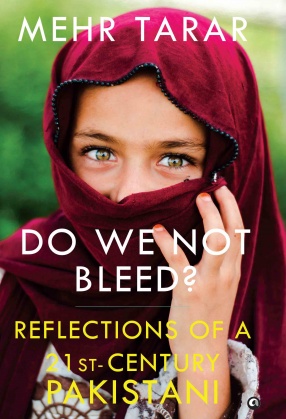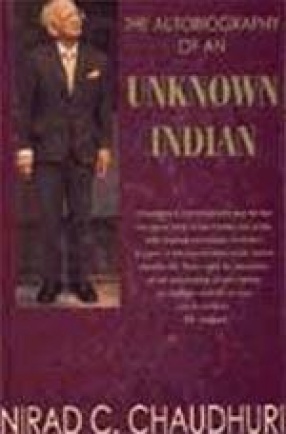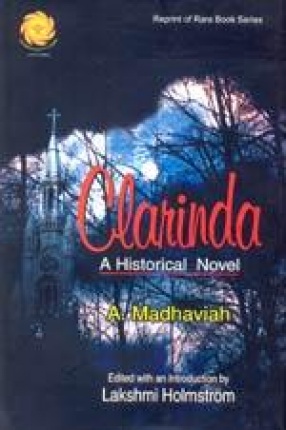Old Women Statue and The Fairy Tale of Mohanpur
Synopsis
The two stories in this collection, 'Statue' (Murti) and 'The Fairy Tale of Mohanpur' (Mohanpurer Rupkatha), are touching, poignant tales, in both of which the protagonists are old women. In the first, a tragic, for bidden love returns to haunt Dulali, now an old woman pre-occupied only with filling her stomach and surviving from day to day. In the second, Andi loses her eyes through a combination of poverty, societal indifference and governmental apathy, even as she persists in her belief in fairy tale solutions. Mahasweta Devi is at her most tender in her sensitive, delicately-drawn portraits of these two old women, although her trenchant pen is as ruthless as ever in delineating the socio-economic oppression within which they are forced to survive. Though extremely readable as moving stories for the fiction lover, they also yield layers of deeper significance upon closer reading. As translator Gayatri Chakravorty Spivak says: 'Here in this text, you'll find what Kamala Visweswaran has called 'woman as subaltern'--the first story-- and 'subaltern women'--the second. In my way of reading there is here a solid critique of nationalism as an end in itself--and a loving critique of how male-gendered nationalism can solve a young man's crisis; and, of course, a very strong critique of the failure of decolonization in the second story. The realization that as time passes, for a woman, the ideology of "love" remains a memory but acknowledges defeat in the hands of hunger is an exquisite aporia in the first story, almost between species-life and species-being. And in the second, the extraordinary resourcefulness of this village community of women and the guileless courage and simplicity of Andi, her relationship with her eldest daughter-in-law and so on, are again a responsible narrative that offers a critique no less powerful than a merely reasonable one. How tellingly Devi outlines the limits of mere goodwill indeed, I'm always amazed by the theoretical delicacy of Mahasweta's stories. The aporias between gendering on the one hand ('feudal'-transitional, and subaltern), and the ideology of national liberation (as tragedy and as farce) are also worth contemplating.
Read more
Not available
BECOME A MEMBER
Books by the same author










Bibliographic information